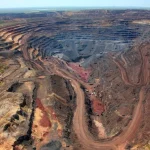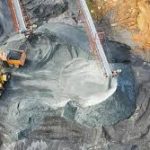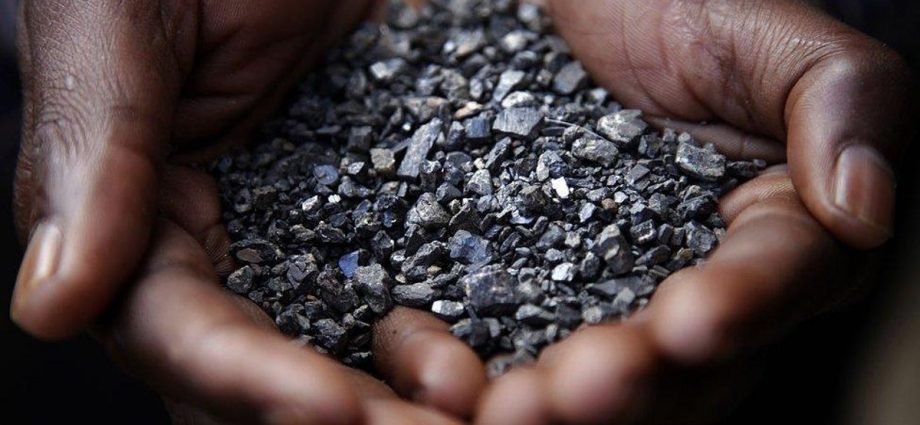Mineral smuggling from eastern Democratic Republic of Congo (DRC) into neighboring Rwanda has reached “unprecedented levels,” driven by the occupation of the region by M23 rebels backed by Rwanda, according to a United Nations panel of experts.
A yet-to-be-released report, seen by Bloomberg and prepared for the UN Security Council, warns that the illicit trade has severely undermined tin, tantalum, and tungsten exports. Once inside Rwanda, the report states, smuggled minerals are mixed with domestically produced material, effectively laundering them into the international supply chain as Rwandan-origin commodities—posing a significant threat to mineral traceability and transparency.
The DRC and Rwanda jointly accounted for approximately 60% of global tantalum production in 2024, according to the U.S. Geological Survey. Tantalum is a critical component in electronic devices.
Despite a U.S.-brokered peace deal signed in Washington last week—where both nations agreed to end hostilities and halt support for proxy militias like M23—UN experts say Rwanda has already deepened its economic foothold in the DRC through the M23 occupation.
According to the report, Rwanda’s objective is to assert control over Congolese territory and its vast mineral wealth. It highlights the decisive role played by the Rwandan military in supporting M23’s territorial gains, including the use of advanced military technologies such as jamming systems, armed drones, and air defense systems—actions that violate existing UN sanctions.
M23 and Rwandan troops have also reportedly conducted systematic abuses in occupied areas, including extrajudicial killings, arbitrary arrests, torture, and night raids on hospitals. At the beginning of 2025, around 6,000 Rwandan troops were reportedly active in the DRC, with 1,000–1,500 remaining by late April and thousands more deployed along the border.
Rwanda denies involvement, maintaining that its military presence is purely defensive. Government spokesperson Yolande Makolo dismissed the UN findings, saying they misrepresent Rwanda’s security concerns in the region.
The M23 rebel group, which resumed its insurgency in 2021, claims to be defending the Tutsi community in eastern Congo and fighting the FDLR, a rebel group with ties to the perpetrators of the 1994 Rwandan genocide. Under the new peace agreement, Congo has pledged to dismantle the FDLR, although the UN report accuses Congo’s army of collaborating with the group against M23.
Makolo reaffirmed Rwanda’s commitment to the peace deal, particularly the neutralization of the FDLR—calling it essential for regional stability and the safe return of refugees.
The report also highlights broader smuggling activity across eastern Congo, with the gold trade financing armed groups, corrupt politicians, and neighboring states. Smuggled gold from Congo’s Ituri province has reportedly inflated Uganda’s gold export figures, raising concerns over non-compliance with responsible sourcing guidelines.
Uganda exported nearly $3.5 billion worth of gold in 2024, much of it suspected to have originated in Congo. The Ugandan military dismissed the UN claims as “redundant,” with spokesperson Felix Kulayigye stating, “Those exploiting Congolese resources have been known for centuries.”
In addition to gold, Rwanda is accused of falsifying its domestic output figures for tin, tungsten, and tantalum to disguise the re-export of smuggled Congolese minerals. The Rwanda Development Board reported annual production of 8,000–9,000 tons of these minerals, a claim contradicted by independent geological data and Rwanda’s own national statistics office.
Makolo countered that, unlike eastern Congo, Rwanda operates a formalized and regulated mining sector, with significant investment in mineral processing and infrastructure to ensure traceability and certification.















